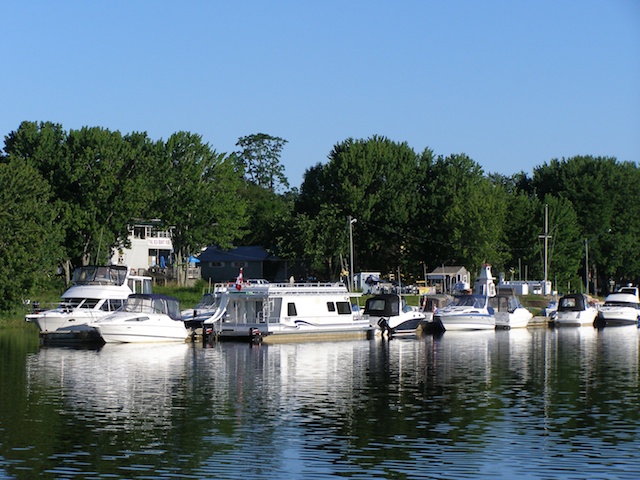
The following appeared as an op ed article in the Saint John Telegraph Journal on June 28th, 2012:
NB on verge of loosing an industry
Once again, New Brunswick is on the verge of seeing our potential as a leader in energy slip through our fingers. This will come as no surprise to those of us who follow resource and energy matters. Successive governments have mishandled energy policy through ad hoc efforts that have been crisis-driven rather than forward-looking. Regardless of political stripe, our governments have shown an inability or reluctance to articulate a cohesive vision that we can all understand and support.
This unfortunate pattern is playing out in the latest attempt to produce a framework around our nascent unconventional oil and gas industry. What we have seen from government after two years, is a new environmental review process that has no discernible beginning or end; a discussion paper focusing on technical operating issues culled willy nilly from other places; and a bizarre royalty and revenue sharing regime that would make New Brunswick one of the least competitive places to produce natural gas in North America. None of these answer the fundamental questions of what kind of industry we want and need. They don’t answer the critical questions of what we have to do to get it and keep it, and how we will realize maximum benefits for New Brunswick.
The energy hub was a catchy slogan; a wish list of major projects with limited thought and limited strategy behind it. There was no comprehensive vision of what should be done to enable development or what the outcomes would or should be for the province. The attempted sale of NB Power was another desperate move to fix a political problem and provide subsidies to consumers paid for from the power corporation’s equity, owned by all New Brunswickers. These were not integral to any articulated plan or vision and it showed in their eventual failure to launch.
The energy debate has not been a debate at all; just a series of shortsighted single issue squabbles. Political parties have been more interested in positioning themselves within the four year election cycle than in preparing for the future. Environmental groups with a natural enmity toward technology have been quixotically tilting at windmills and vilifying anything that might compete with their high cost vision of green renewables. Energy consumers who just want cheap energy regardless of the consequences haven’t helped the discussion either. We should, however, be even more concerned that investors and industry have not obtained the promise of continuity and transparency implicit in a well articulated policy and long range plan for energy and resource development. In every other part of the planet, these are prerequisites for creating and sustaining prosperity.
Ironically, an indication of the future may be right under our noses. If politicians and their advisors would step back and ask the right questions, they might actually articulate the vision we need. The same is true for those lobbying government from a single issue perspective. If we actually considered our energy needs through technological, economic, and societal trends, we might see abundant methane not as a threat, rather, as a economical source of hydrogen for non-emitting fuel cells or as an alternative to coal and heavy oil. We may also see the reduced requirements for certain fuels from changing patterns of consumption as indicators of where public or private investments should and should not be made.
Unfortunately, with our track record on policy development, I am not convinced that the will or the capacity exists to get the broad vision we so badly need. With the proposed royalty sharing agreements, the government appears ready, once again, to use our own money to buy our support for development when a comprehensive and well argued energy policy would give them all the public support they need. It would also provide a clear road map for those who must navigate forward. If we don’t get our act together in short order, industry will leave us for places where the political uncertainty and business risks are more manageable. If this happens, those responsible will be left to explain what happened on their watch.
